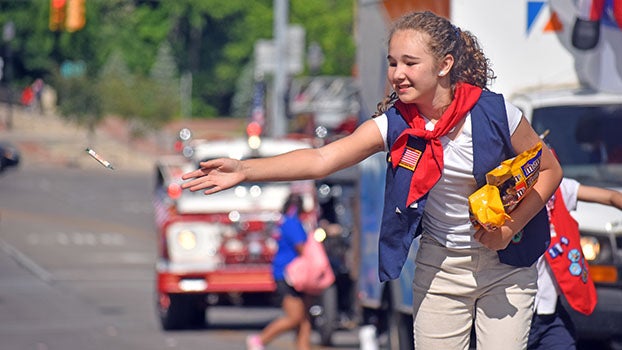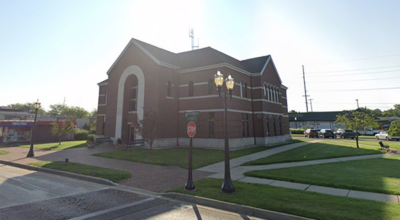County probation programs proving successful
Published 7:28 pm Thursday, April 21, 2011
ST. JOSEPH — The majority of Berrien County youth who complete intensive probation services (IPS) or high risk probation (HRS) programs are staying in the area, which means they are more likely to be successful, officials reported Thursday.
Mike Molloy, probation officer supervisor, explained to the Berrien County Board of Commissioners’ administration committee that 69 percent of youth are remaining in the community.
“Our goal is obviously to keep these kids in the community,” Molloy said. “Research has shown that if you can keep the kids in the community … you will hopefully have more successful outcomes.”
The court issues orders to put youth on probation. Review hearings are held in front of the court at least every 90 days.
Most youth are ages 14 to 16; 90 percent of them have mental health issues. Eighty-three percent have a dual diagnosis — mental health and substance abuse problems.
“A lot of the cases we have with MST (multi-systemic therapy) … they find the parents (have mental health issues) as well,” Molloy said.
The county closed 29 IPS/HRS cases in 2010; 27 of those youth enrolled in or successfully completed an education program like GED or high school.
Probation officers take information from schools, families and psychiatric evaluations when working with youth. They spend most of their time — about 70 percent — in the field, including homes. Their caseloads are capped at 20 per officer.
“They have reduced caseloads because they are high-risk,” said Elvin Gonzalez, family division administrator for the Berrien County Trail Court.
The county has an 18-bed residential program for boys at the juvenile detention center, with a family component. There are various risk levels; some youth are in housed in locked up facilities. Youth are then released to a reintegration program.
“Surveillance in and off itself doesn’t change behavior,” Gonzalez explained.
Intensive probation officer Jamey Frank gave an example of two brothers in the program.
“One has completed his GED,” she said. “One has mental health problems and is getting it addressed. One is enrolled in college.”
Intensive Probation Services/ High Risk Standard Probation Facts
• IPS/HRS cases closed in 2010: 29
• Community services hours completed in 2010: 1,432
• Restitution collected in 2010: $3,669
• Number of drug tests administered to youth in IPS/HRS in 2010: 195
• Percentage of negative drug screens: 69%
• Number of youth enrolled or successfully completing education program: 27
• Percentage of youth who required mental health services: 90%
• Percentage of youth with dual diagnosis (mental health and substance abuse): 83%
• Percentage of youth with a an abuse and/or neglect history: 45%
• Number of youth who remained in the community at the time of closure: 20 (69%)
• Average cost of residential placement at $239 per day for one year: $87,235 per youth
Source: Berrien County






